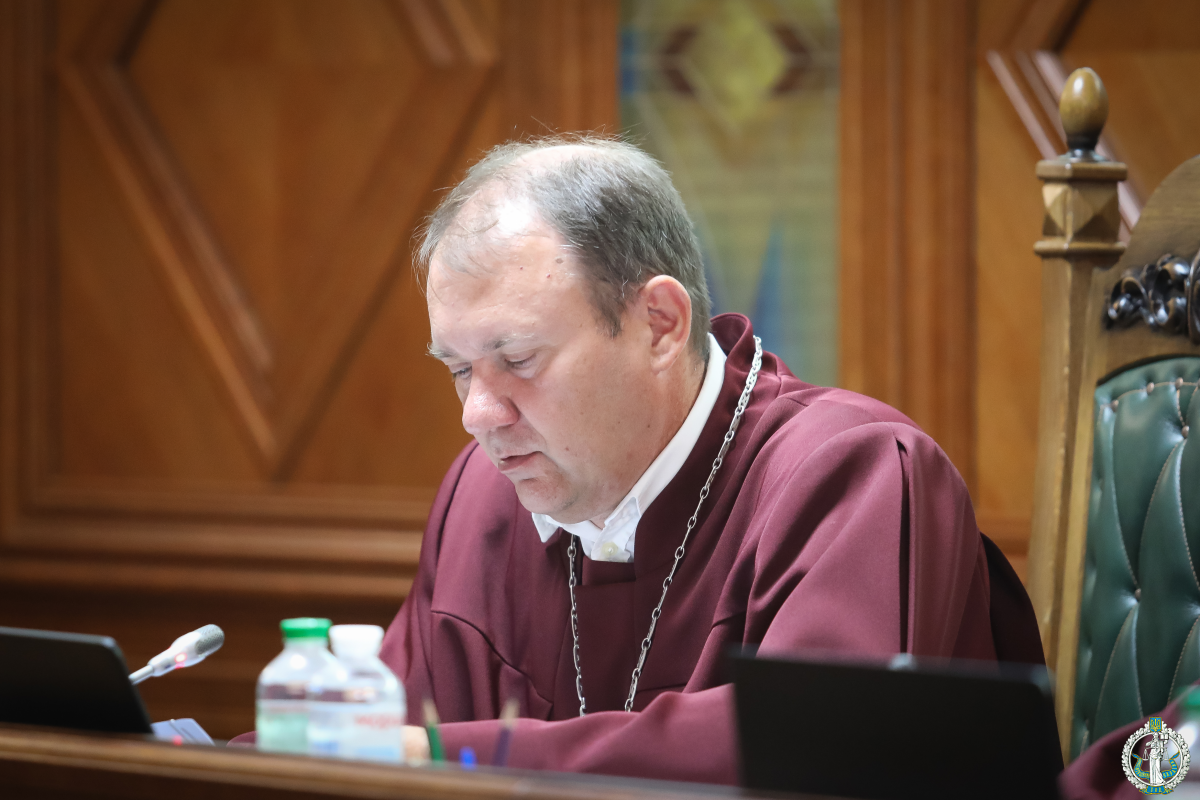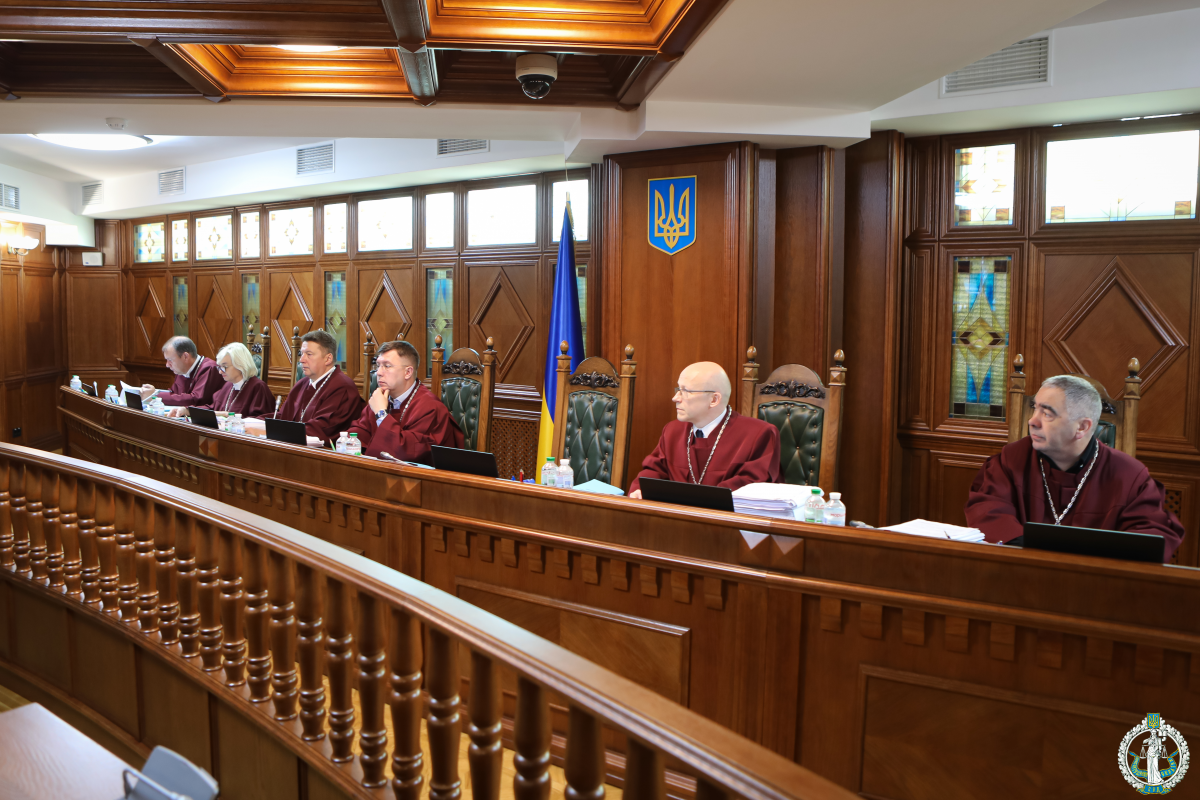04/09/2025
On September 3, 2025, the Second Senate, in the public part of the plenary session in the form of written proceedings, deliberated the case upon the constitutional complaint of Natalia Stepaniuk regarding the constitutionality of Article 394.4 of the Civil Procedure Code of Ukraine (hereinafter, the “Code”).
During the plenary session, the judge-rapporteur in the case, Oleg Pervomayskiy, noted that Natalia Stepaniuk had appealed to the Constitutional Court of Ukraine to review the constitutionality of Article 394.4 of the Code, which establishes that “in the event of an appeal against a ruling (except for a ruling that concludes the deliberation of a case) the court may find the cassation appeal unfounded and refuse to initiate cassation proceedings if the correct application of the rule of law is obvious and does not raise reasonable doubts as to its application or interpretation.”
The complainant stated that such legislative regulation leads to a violation of the rights guaranteed by Articles 55 and 64 of the Constitution of Ukraine and the principle of the rule of law.
The content of the constitutional complaint and the files attached to it show that in December 2023, Cycle Finance LLC acquired the rights of a mortgagee under a mortgage agreement concluded in 2007 between Natalia Stepaniuk and Raiffeisen Bank JSC. In July 2024, the Company appealed to the court to replace the claimant in the enforcement proceedings against the debtor N.P. Stepaniuk for the foreclosure of the apartment owned by her.
The Khmelnytsky City District Court, by its ruling dated September 30, 2024, denied the application. By its decision of December 2, 2024, the Khmelnytsky Court of Appeal overturned this decision and granted the Company's application. In January 2025, the Supreme Court refused to initiate cassation proceedings, citing the provisions of Article 394.4 of the Code.
The judge-rapporteur also informed that in order to ensure a complete and objective deliberation of the case and the delivery of a reasoned decision by the Court, he had sent requests to the Legal Directorate of the Court Secretariat, bodies of state power, scientific institutions, higher education establishments, and a member of the Court's Disciplinary Committee. The judges will be informed in detail about the content of the responses during the in-camera part of the plenary session. After examining the case files during the public part of the plenary session, the Court proceeded to the in-camera part to deliver its decision.
A recording of the plenary session will be available on the Court's official website in the Section “Archive of video broadcasts of sessions”.



